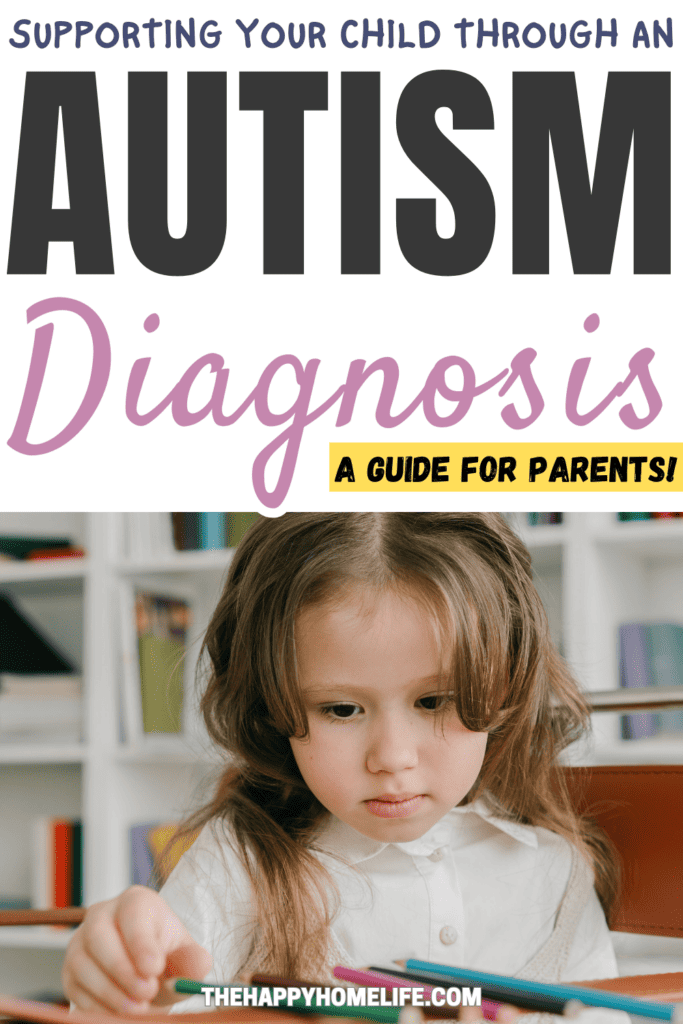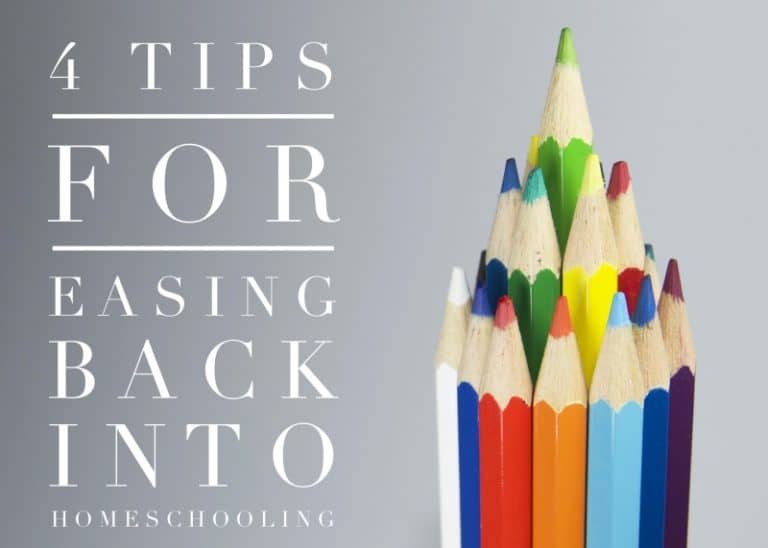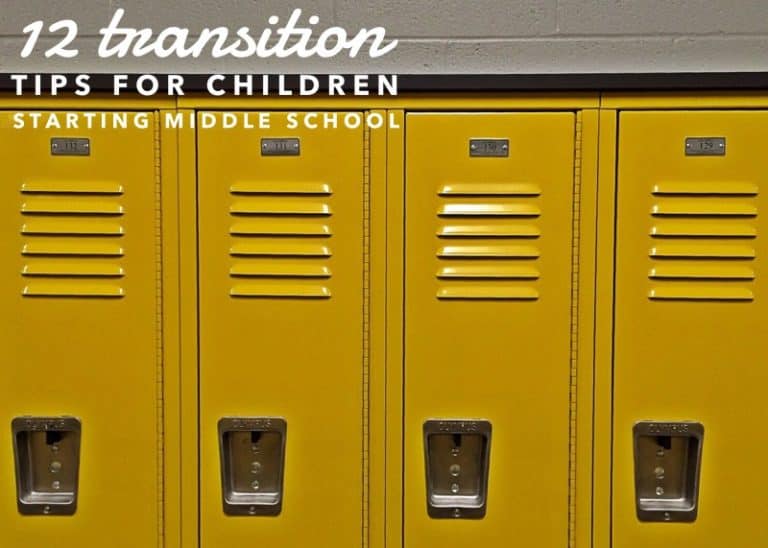As a parent, it can be worrying when you notice that your child may not be developing entirely like other children of the same age, or may not be bonding in the same way. This is a reality for 1 in 36 children in the U.S., and it can be devastating for their parents to find out that their child may have autism. But, first, let’s be very clear about neurodiversity. Having autism doesn’t necessarily mean that your child will not be able to succeed in life.
Autism is a complex spectrum, and the world is packed with examples of extremely famous people who have been successful, not only despite their autism but also thanks to the particular traits and strengths that their diagnosis gives them. For instance, someone like Einstein would probably be diagnosed as autistic today. Bill Gates is also thought to have autism.
Autism, or Autism Spectrum Disorder (ASD), is a neurodevelopmental condition characterized by challenges in social communication, repetitive behaviors, and often, sensory sensitivities. Recognizing the signs of autism and obtaining a diagnosis as early as possible can be immensely beneficial for your child’s development and overall well-being.
How can you help your child go through the motions?

Navigating the healthcare system with confidence
Attending assessments and medical appointments can feel overwhelming, especially when faced with the uncertainty of a potential autism diagnosis. However, it’s essential to approach these appointments with a positive outlook and confidence in the healthcare system.
This will help your child feel more relaxed about the many appointments ahead. Remember, you are not alone on this journey, and there is a network of professionals ready to support you and your child every step of the way.
Understanding Applied Behavior Analysis (ABA) therapy
Applied Behavior Analysis (ABA) therapy is a widely recognized and evidence-based intervention for children with autism. This can significantly help your child’s social development and create safe patterns for them to learn and adapt. This therapy focuses on teaching positive behaviors and reducing challenging behaviors by breaking down skills into manageable steps and providing reinforcement for desired actions.
ABA therapy can be fully individualized, which means that it can be used to address the specific range of skills that your child struggles with, including communication, social interaction, self-care, and academic abilities. As such, you want to make sure ABA therapy is part of your child’s journey.
The power of parental involvement in ABA therapy
Did you know that as a parent, your contribution to your child’s therapy is invaluable? You can play a crucial role in reinforcing skills learned during therapy sessions. So it can be a good idea to reach out to your child’s therapist and discuss parental involvement in ABA therapy.
By actively participating in ABA therapy sessions, you can gain a deeper understanding of your child’s strengths and challenges, which means that you can help your child progress even outside the therapy sessions.
There is no doubt that receiving an autism diagnosis can be a transformative moment for your family. But, it is important to understand that a diagnosis is only the start of the journey. Remember, you are not alone on this journey, and with love, patience, and dedication, you can help your child navigate the world with confidence and resilience.







